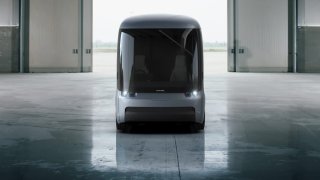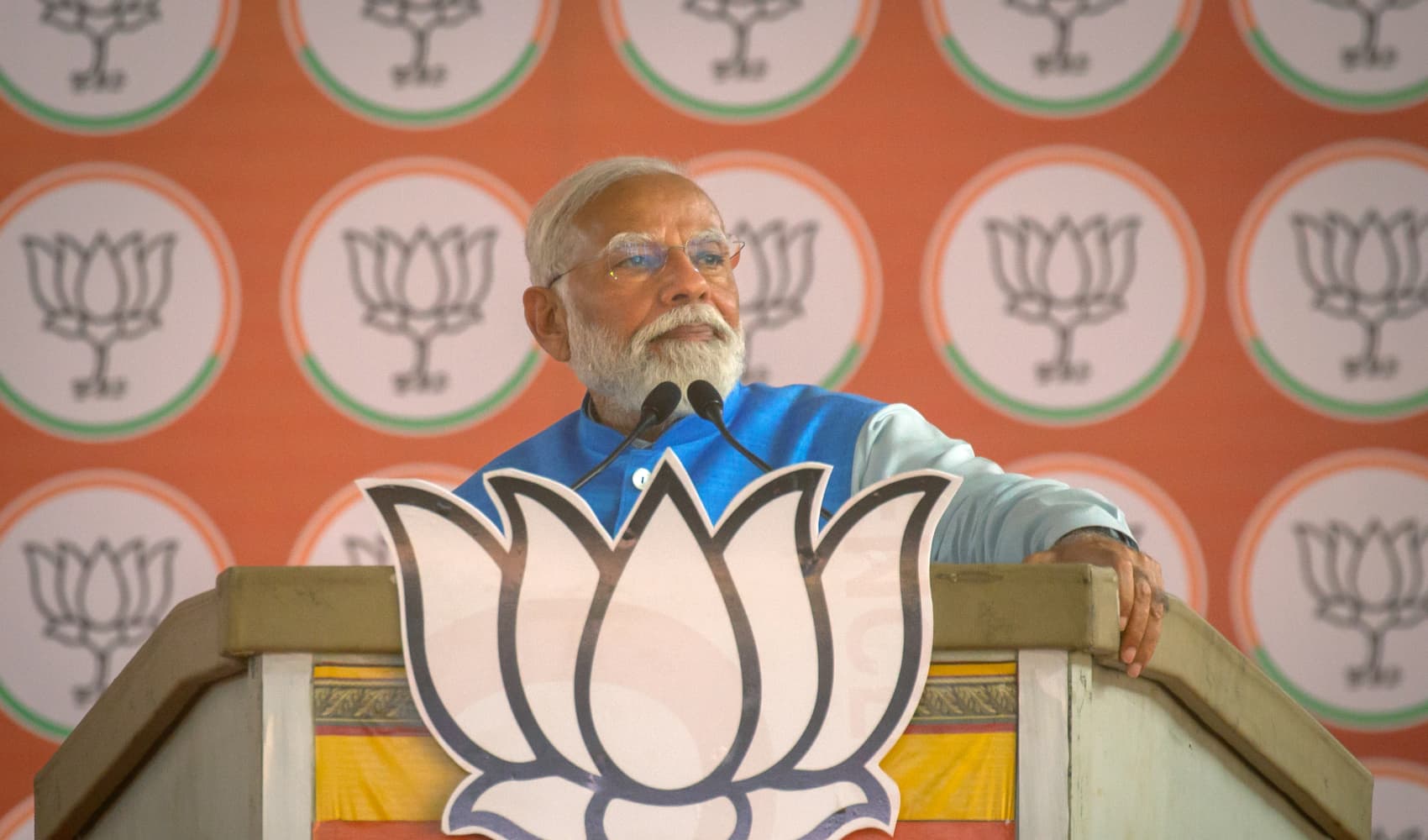
- Shares of electric vehicle maker Arrival sank on its first day of trading Thursday.
- The British firm claims to be different to Tesla and other electric vehicle players.
- That's because it focuses on the commercial EV market rather than selling to consumers.
LONDON — British electric vehicle manufacturer Arrival began trading on the Nasdaq Thursday following a merger with a U.S. blank-check company.
The company finalized its combination with CIIG Merger Corp, a special purpose acquisition company (SPAC) set up by former Marvel CEO Peter Cuneo, on Wednesday. It's now worth roughly $13 billion, up from a valuation of $5.4 billion in November.
Shares of the company sank around 15% Thursday morning ET time, hitting a low of approximately $18 before trimming losses later in the day. That came as other high-growth tech names also fell amid a broad decline in U.S. stock markets.
Get Tri-state area news and weather forecasts to your inbox. Sign up for NBC New York newsletters.
SPACs have become a hot investment vehicle on Wall Street, luring in several high-growth tech firms looking to list their shares without having to go through the traditional initial public offering process.
Capital raised by blank-check firms so far in 2021 has already outpaced the total issuance in all of last year, according to data from SPAC Research, worrying some investors that the market could be in a bubble.
"We're under the exact same thing that any public company goes through," Avinash Rugoobur, Arrival's president, told CNBC Wednesday in an interview ahead of the listing.
Money Report
Rugoobur said the deal was about an "alignment of vision" with Arrival's SPAC sponsor, adding that the $660 million the company raised in gross proceeds would help it build more factories and get started on production.
Arrival isn't the first company to go public via a SPAC merger. Nikola and Canoo both went public using the same financing method last year.
Not another Tesla clone
Competition in the electric vehicle, or EV, space has been heating up over the past few years, with start-ups like Lucid Motors in the U.S. and Nio in China aiming to take on Elon Musk's Tesla.
But Arrival says it's different to other players. That's because the company focuses on the commercial sector for EVs instead of trying to sell them to consumers. Its products include electric vans and buses, not cars.
"We find a lot of demand in the commercial segment," Mike Ableson, CEO of Arrival's North America automotive business, told CNBC. "Fleet operators have their own goals on reducing emissions and are literally crying out for more EV products."
Another thing separating Arrival from other major firms in the EV space, such as Tesla, is that it designs its own batteries and other components in-house rather than relying on third-party suppliers. Meanwhile, Arrival plans to build its vehicles from what it calls "microfactories," which are much smaller than traditional auto manufacturing facilities and can be packed into existing warehouses.
Last week, Arrival announced that it is building a second microfactory in Charlotte, North Carolina, where its U.S. headquarters are located. The company, which hasn't yet begun production on its vehicles, plans to assemble its vans there for a fleet order from UPS starting in the second half of 2022.
In February, Arrival signed a partnership with First Bus, a unit of FirstGroup, to trial the use of zero-emission buses on Britain's roads.
One of Arrival's main competitors is arguably Rivian, an Amazon-backed firm which produces electric trucks. Arrival signed a commercial agreement last year with United Parcel Service to provide it with 10,000 electric vans. Amazon in 2019 ordered 100,000 electric vans from Rivian in a push to make the company's fleet run entirely on renewable energy.






